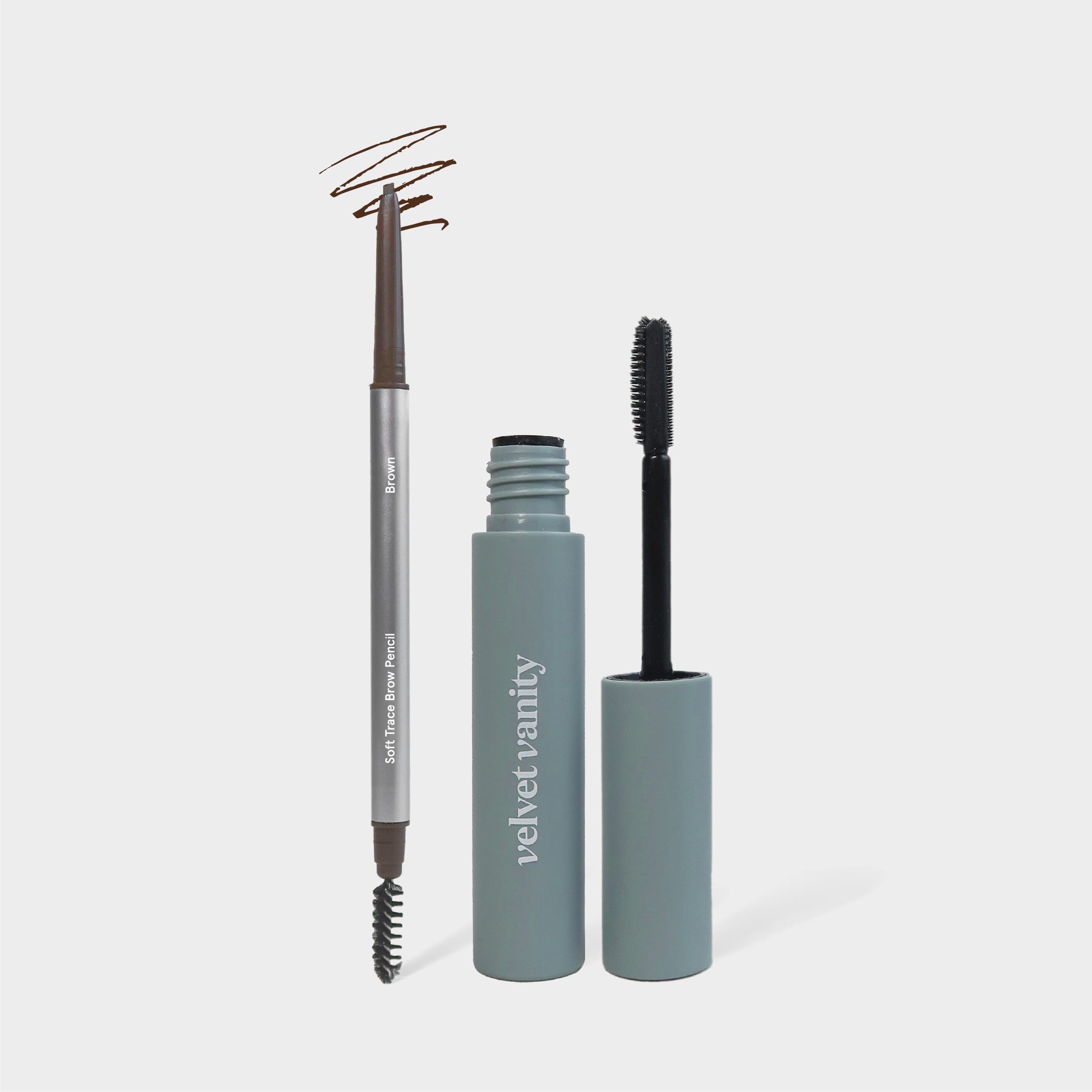Greenwashing - Going Green or Going Grinch?

Just like mushrooms, more and more environmental awareness content is growing all over social media platforms, news, and even in real life. Many companies have stepped up and come up with creative campaigns to promote the awareness of being environmentally friendly.
From Bring Your Own Bag (BYOB) initiatives, emitting the usage of plastic to paper and the rare sights of big companies using plastic straws, many people are becoming more consciously green by going for plastic-less options, when possible.
While these initiatives are influencing others to go green, some companies, however, take the shortcut in order to win the unseen ‘Who’s The Greenest’ race. Rather than actually wanting to save the Earth, some companies perceive this as a marketing ploy, a chance to make a profit in the name of being environmentally ‘friendly’. Big quotation marks on the word, friendly.
But what is greenwashing? Greenwashing is the act of giving false information on certain products by making them look like they’re more environmentally sound when in real life, they’re not. Greenwashing deceives consumers into thinking that they’re making conscious purchases but actually, they’re not really helping the Earth and sadly, their good intention has fallen into the trap of consumerism.
Some of the famous ways of greenwashing include: Labeling products as recyclable when it’s deceptive and certain components of the products are non-recyclable and claiming products are made of a certain percentage of recyclable goods when in real life, only 2-3% of them are made from recycled stuff. And that incident where an allegedly recycled paper bottle turned out to be a layer covering an actual plastic bottle inside? Yikes, that’s greenwashing caught on 4k.
The worst lie of them all, when big brands claim that they’re eco-conscious when they are involved in unethical business practices that contribute to a huge percentage of Earth’s pollution. Cough, cough, fast fashion.
But you shouldn’t be holding their consumers accountable though, because not everyone has the luxury of making environmentally friendly decisions as not all have the same access to these brands and not to mention, the expensive price tags.
Other than trying our best to make more ‘green’ decisions, the next best thing we can do is to keep spreading awareness on the importance of instilling environmentally-friendly shopping behaviour and advocate against these big companies to practice more sustainable ways in their business so that we can help to preserve our beautiful Earth from further destruction. At the end of the day, major Earthly changes are not only dependent on us, it depends on the big giants too.

0 comments









